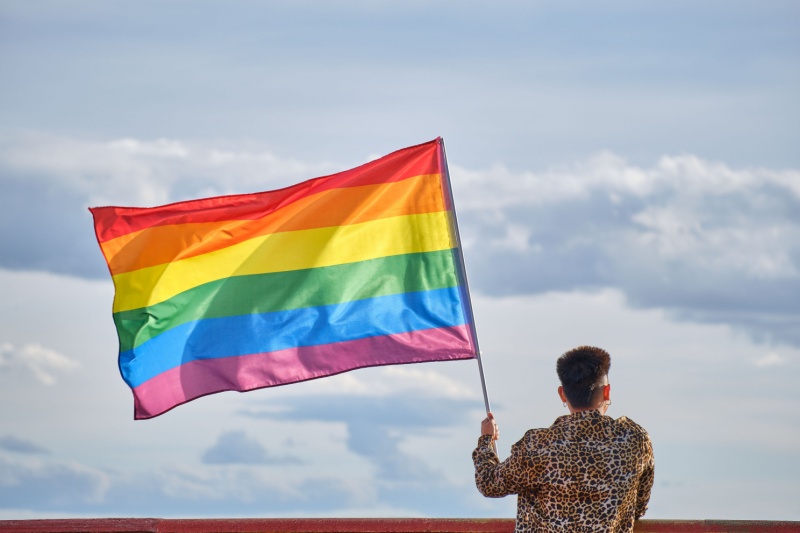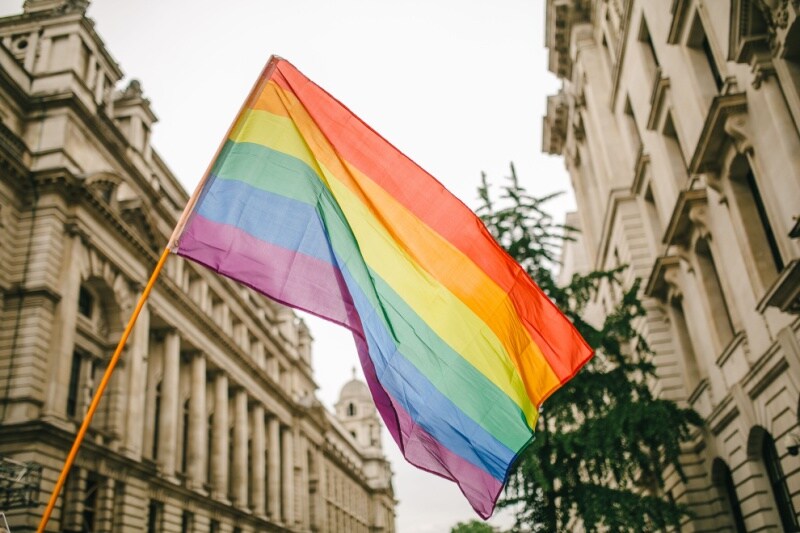
When someone you love comes out, it can be an emotional and transformative moment for everyone involved. Your support and understanding are crucial as they share this deeply personal part of their identity. This guide will help you educate yourself, offer meaningful support, create a safe space, and understand the mental health aspects involved.
What you need to know:
- Educating yourself with the right resources
- How to help and be accepting?
- Creating a safe space
- Recognizing and addressing mental health needs
- Understanding the mental health aspect in the indian context
- Seeking professional support
Educating yourself with the right resources
The first step in supporting your loved one is to educate yourself about LGBTQIA+ issues. Here are some resources to get you started:
- Books and articles:
‘The Gender Quest Workbook’ by Rylan Jay Testa, Deborah Coolhart, and Jayme Peta offers valuable insights into gender identity. ‘This Book is Gay’ by Juno Dawson provides a humorous and informative look into the LGBTQIA+ experience. Online articles and blogs on websites like ‘PFLAG’, ‘The Trevor Project’, and ‘It Gets Better Project’ are also excellent sources of information.
- Websites and organizations:
‘PFLAG’ (Parents, Families, and Friends of Lesbians and Gays) offers extensive resources, support groups, and information for families and allies. ‘The Trevor Project’ focuses on crisis intervention and suicide prevention for LGBTQIA+ youth. ‘GLAAD’ works towards creating positive representations and dialogue around LGBTQIA+ issues.
- Videos and documentaries:
‘Disclosure’ explores transgender representation in the media, and ‘Pray Away’ examines the harmful effects of conversion therapy.
How to help and be accepting?
Supportive actions and attitudes are vital in helping your loved one feel accepted and valued:
- Listen and validate:
Create a safe space for them to express their feelings without interruption.
Acknowledge their courage and validate their experiences.
- Use correct pronouns and names:
Ask for and consistently use their preferred pronouns and chosen names.
- Be patient:
Understand that coming out is often the result of a long personal journey.
Give yourself and them time to adjust and learn.
- Avoid judgment and assumptions:
Keep an open mind and avoid making assumptions about their identity or experiences.
- Show unconditional love and support:
Openly express your love and support. Reassure them that your relationship remains strong and unchanged.
Creating a safe space

A supportive and inclusive environment can make a significant difference in your loved one’s well-being:
- Foster an inclusive environment:
Display LGBTQIA+ affirming symbols like pride flags. Educate other family members and friends to ensure the environment remains supportive.
- Promote open communication:
Encourage honest discussions about feelings and experiences. Make sure they feel safe expressing themselves without fear of judgment.
- Protect their privacy:
Respect their decision on how and when to come out to others. Do not share their identity without their explicit permission.
Recognizing and addressing mental health needs
The mental health of LGBTQIA+ individuals can be affected by their coming out experience. Here’s how to recognize when professional help might be needed and how to access it:
- Recognize when help is needed:
Be alert to signs of depression, anxiety, or other mental health issues. Take expressions of isolation or suicidal thoughts seriously.
- Finding the right professional:
Seek out counselors or therapists who specialize in LGBTQIA+ issues. In India, organizations like ‘The Humsafar Trust’ and ‘Sangath’ offer mental health services specifically for LGBTQIA+ individuals.
- Resources and helplines:
‘Sahodari Foundation’ provides support and resources for transgender individuals. The ‘Mariwala Health Initiative’ focuses on mental health and well-being, including LGBTQIA+ issues.
Understanding the mental health aspect in the Indian context
In India, societal pressures, traditional values, and legal challenges can exacerbate mental health issues for LGBTQIA+ individuals. Here are some common mental health challenges and ways to address them:
- Internalized homophobia or transphobia: Struggling with negative beliefs about their own identity due to societal attitudes.
Action: Provide a supportive and affirming environment to counteract negative societal messages.
- Social isolation: Feeling disconnected from peers and community.
Action: Encourage participation in LGBTQIA+ support groups and community events.
- Anxiety and depression: Resulting from stigma and lack of acceptance.
Action: Support access to mental health services and professional counseling.
- Suicidal ideation: Higher risk due to societal rejection and lack of support.
Action: Ensure immediate access to crisis intervention services and helplines.
Seeking professional support

Engaging with mental health professionals can provide necessary support:
- Therapy and counseling: Professional counseling can help address specific mental health concerns and provide coping strategies.
- Support groups: Joining groups with similar experiences can reduce feelings of isolation and provide a sense of community.
You can profoundly and positively impact their well-being by equipping yourself with the right resources, offering unwavering support, creating a safe and inclusive environment, and understanding the mental health aspects involved. Your acceptance and love can empower them to live authentically and confidently, fostering a healthier and more inclusive society.
For 24×7 Mental Health Assistance, Call 1800-120-820-050
Stay tuned to the Activ Living Community. Stay updated with the latest health tips and trends through expert videos, podcasts, articles, and much more on nutrition, fitness, mindfulness, and lifestyle conditions like Asthma, high Blood Pressure, Cholesterol, and Diabetes. Activ Living ke saath sahi sehat ki shuruaat ABHIkaro.
You may also be interested in the following blogs:
- Tips To Manage Mental Health Issues In The LGBTQIA+ Community In India
- Dealing With The Stress Of Family Rejections In The LGBT+ Community In India
Popular Searches
How to lower blood pressure | Fruits good for liver | Unhealthy foods | Ragi Benefits | Basal Metabolic Rate | Acupressure points for High Blood Pressure | Ayurvedic medicine for blood pressure | How to control cholesterol at home | Homeopathy for Asthma | Biological Age | Home remedies for TB | Natural beta blockers | Negative effects of internet | Types of walking | Blood pressure calculator | Blood sugar calculator | BMI Calculator





 1800-270-7000
1800-270-7000











